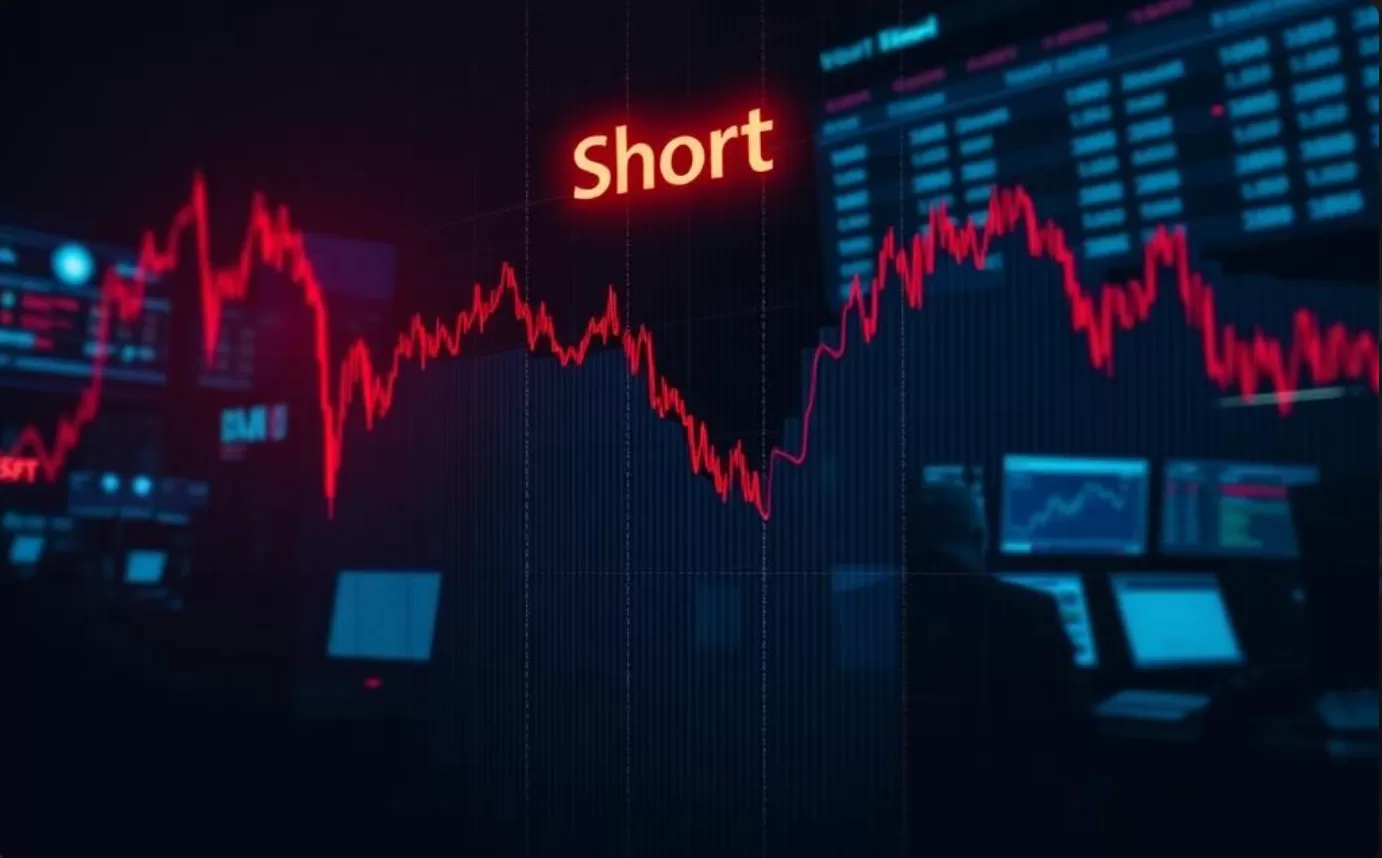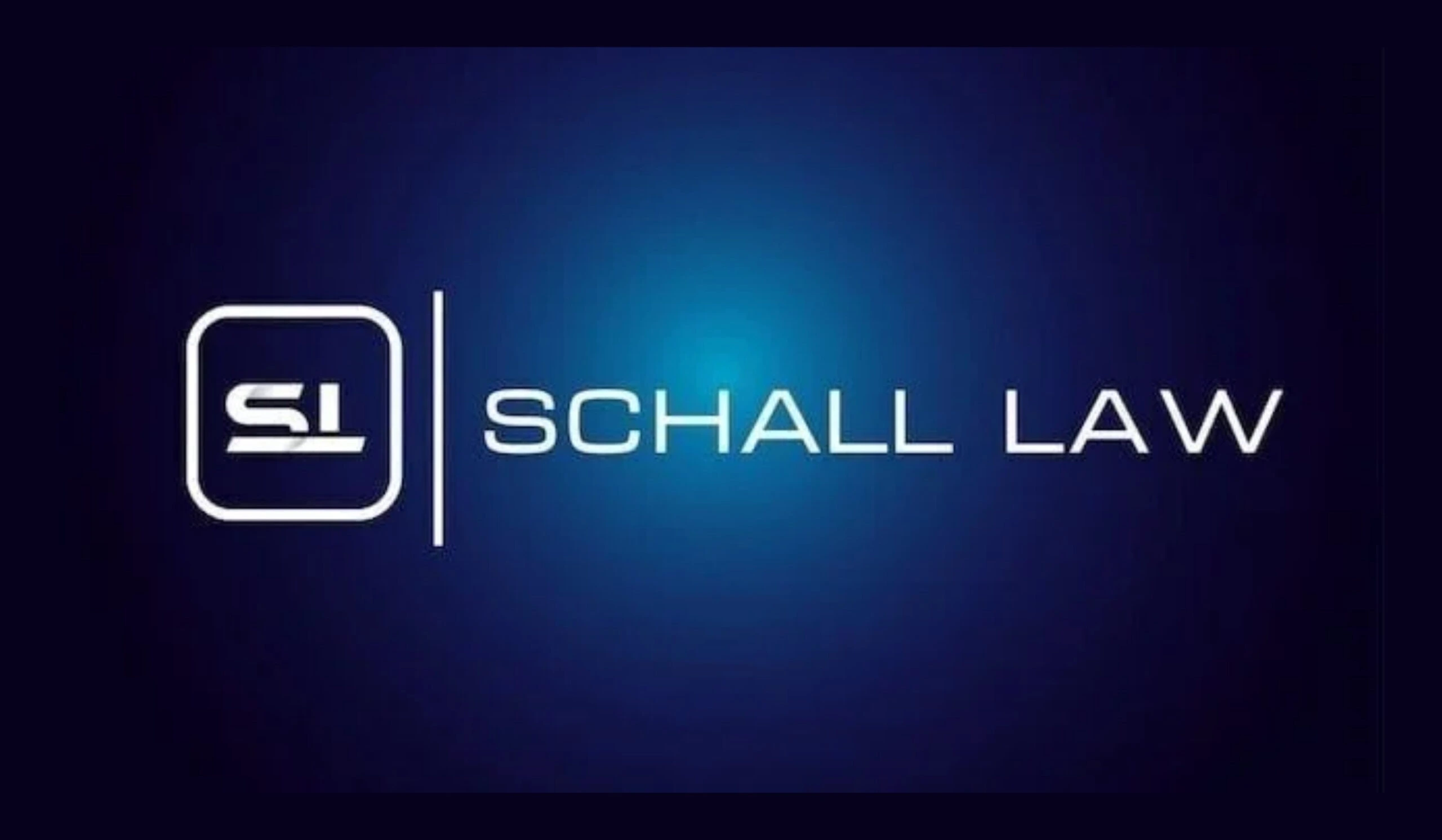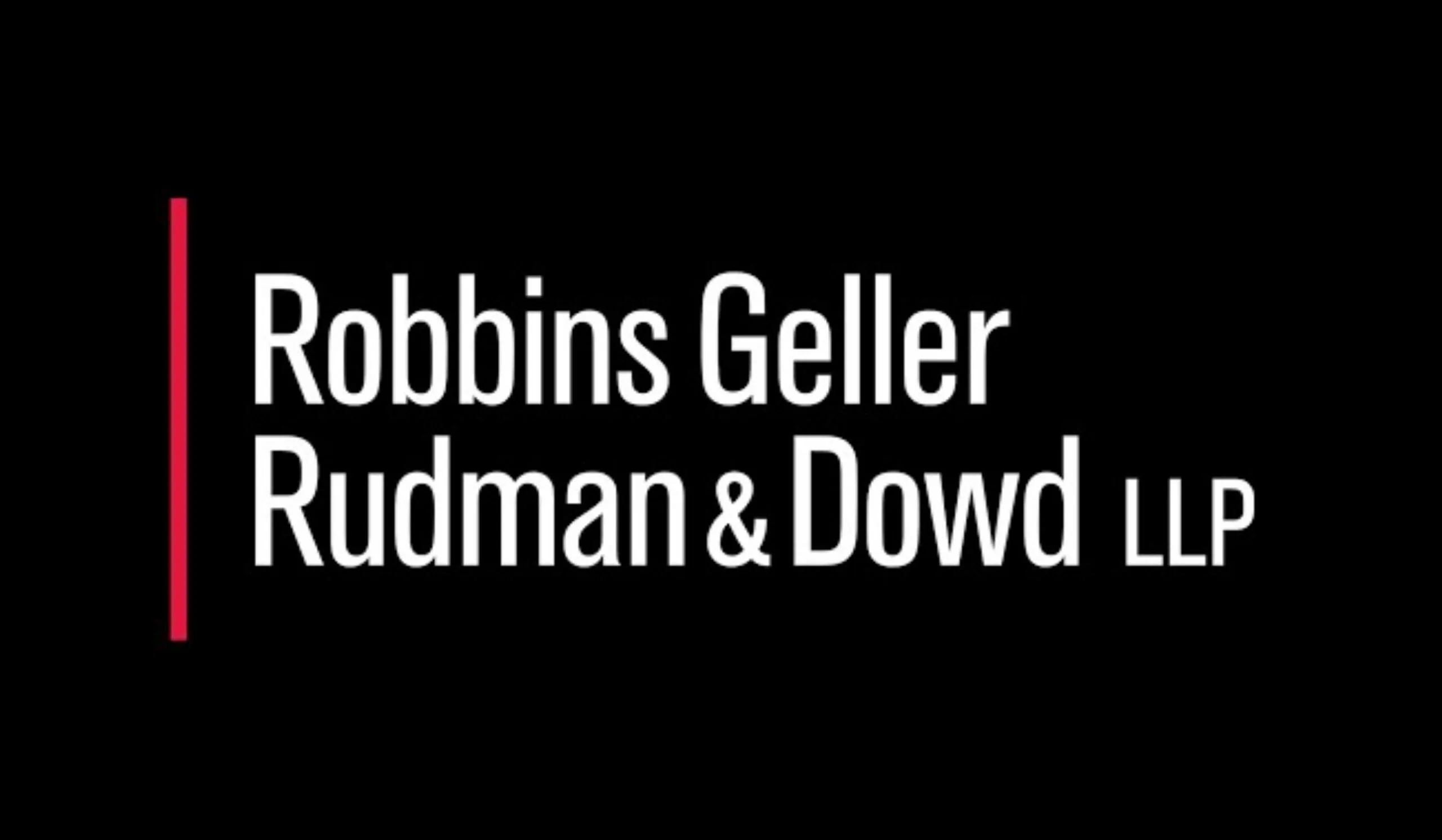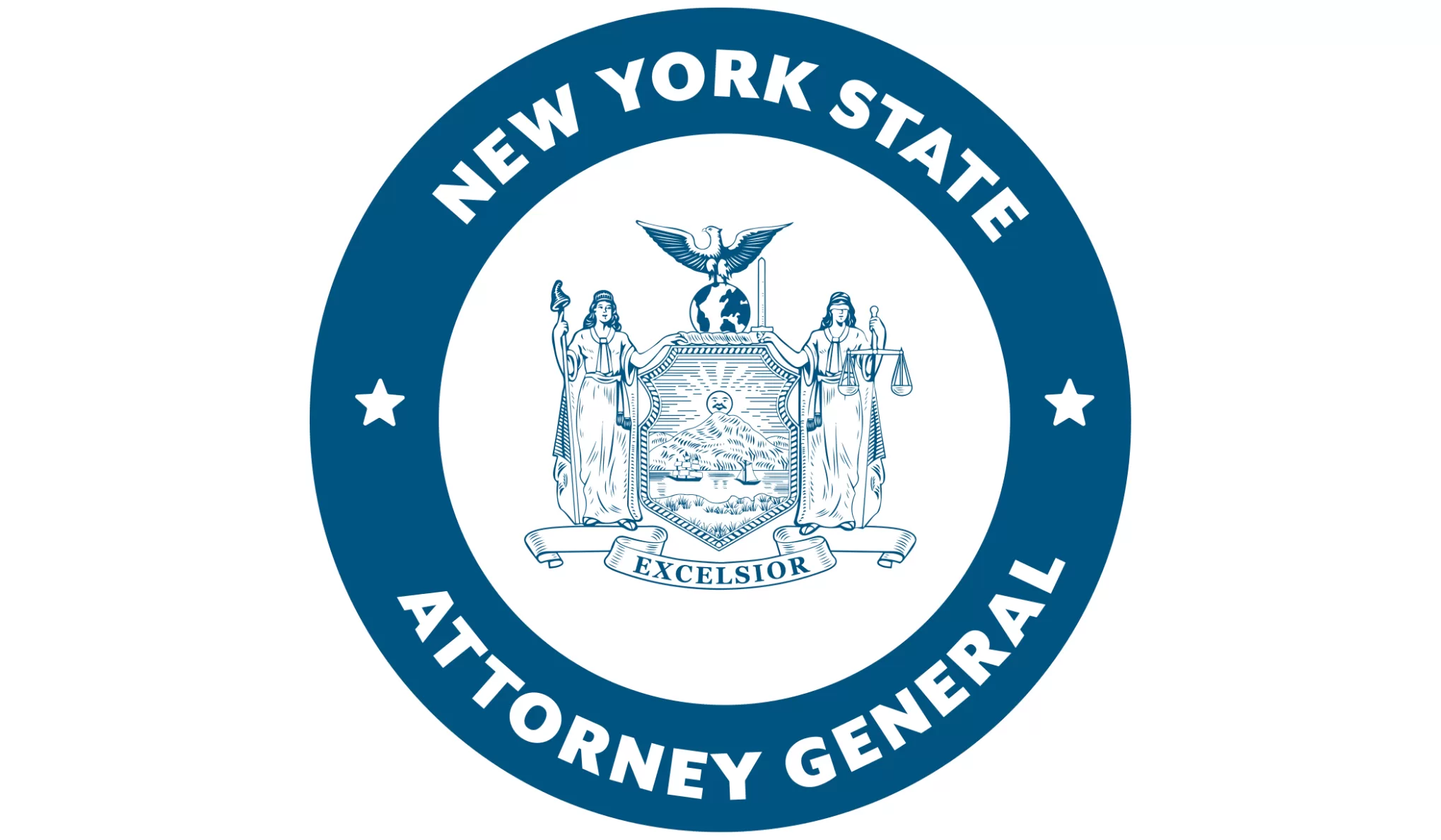
By Joseph Snook
 (US~Observer) – Have you ever been inside a courtroom? Strangely, I was on Facebook recently, reviewing posts, and a friend used the word “Crepuscular” to describe a photograph. It’s a word that I did not know the meaning of; which is, lack of light. While pondering my thoughts, I couldn’t help but see the commonality of this word in relation to the U.S. Criminal Justice System. You see, although there is light in a courtroom, it is almost always artificial light. Most courtrooms do not have natural light shining through windows. In eight years of attending hearings from coast-to-coast on behalf of the innocent, I have not seen one courtroom with windows. Maybe most courtrooms do not have windows for safety or privacy reasons? This relates to justice fittingly in that the perception of light (justice) is there, but in actuality, real light, or real justice is often absent, especially if you believe that one innocent being convicted, is one too many.
(US~Observer) – Have you ever been inside a courtroom? Strangely, I was on Facebook recently, reviewing posts, and a friend used the word “Crepuscular” to describe a photograph. It’s a word that I did not know the meaning of; which is, lack of light. While pondering my thoughts, I couldn’t help but see the commonality of this word in relation to the U.S. Criminal Justice System. You see, although there is light in a courtroom, it is almost always artificial light. Most courtrooms do not have natural light shining through windows. In eight years of attending hearings from coast-to-coast on behalf of the innocent, I have not seen one courtroom with windows. Maybe most courtrooms do not have windows for safety or privacy reasons? This relates to justice fittingly in that the perception of light (justice) is there, but in actuality, real light, or real justice is often absent, especially if you believe that one innocent being convicted, is one too many.
To elaborate, justice is supposed to be blind, yet many examples demonstrate the opposite. One example would consist of looking into criminal charges filed against police who allegedly abuse their authority, often resulting in the death or injury of U.S. Citizens. Far too often police seem to have a special shield barring them from criminal prosecution, which has contributed toward lower public approval ratings. Although many shootings involving officers are justified, I’ve seen far too many that simply are not.
Another example would be plea bargains, also referred to as diversion. This entails someone charged with a crime, or several crimes, who is offered a plea deal which usually includes a lighter sentence offered in return for admitting some sort of guilt. Some Defense Attorney’s like this option because plea bargaining can expedite their case load. Prosecutors like this tool because they would have you believe it saves money and lessens the court’s burden. Is that necessarily true, or is that an artificial excuse to curtail real justice? These are questions that would seem more appropriate for someone who is actually innocent, but still facing charges. Even though everyone is supposed to be presumed innocent until proven guilty, it would be absurd to believe this is actually how our courts work – and those who have been there can relate.
Plea bargains are common. In fact, statistics show that 90 – 97 percent of all criminal cases are resolved through the plea process. Let’s say a prosecutor offers a deal to someone who is factually innocent that allows them to pay just $225.00 with the stipulation they be a law abiding citizen for 180 days, and all charges will be dismissed. They then threaten that same person (reiterate to them) that if they refuse the deal, they will be prosecuted to the maximum extent of the law; which in this case could be 10 years in prison, being a convicted felon, registering for life as a sex offender, the loss of voting power and gun rights, and much higher fines. Is that not crepuscular in nature – even abhorrent to the nature of justice? Who wouldn’t take that deal? By most moral standards, the prosecutor has either committed a gross injustice against the alleged criminal (an innocent person), or, at the very least, a gross injustice against the alleged victim, if there was actually a crime committed.
These are just two examples of MANY.
I ask only one question; Is it worse to let one guilty person go free, or to convict an innocent? Assuming all can agree that there is no perfect system for justice, I believe we can equally agree that there is much work to be done for criminal justice reform. After all, WE – the land of the free, have the highest incarceration rate per capita in the world.
Do you have an example that shows how our judicial system lack’s light?












